“I will order the lifting of sanctions against Syria to give the country a chance to become great,” Trump said at a ceremony in Riyadh.
According to the White House, Trump’s decision came at the express request of his Saudi host. Mohammed bin Salman reportedly urged Trump in talks to reconsider the economic and diplomatic blockade against Syria in order to give the new leadership in Damascus room for reform.
The statement marks a potential political new beginning for crisis-ridden Syria, which has been suffering from the consequences of a devastating civil war for over a decade.
Historic meeting with Syria’s interim president planned
Almost simultaneously, the White House confirmed that Trump had agreed to meet with Syria’s interim president, Ahmed al-Scharaa. The meeting is scheduled to take place on Tuesday during Trump’s stay in Riyadh.
“The president has agreed to say hello to the Syrian president tomorrow during his stay in Saudi Arabia,” a White House spokesman said.
Arab media had already been speculating about such a meeting in recent days. There has been no official statement from Syria itself, but observers see the move as a signal of a cautious new beginning in Syrian-American relations.
Since the fall of long-time ruler Bashar al-Assad, the new Syrian leadership under Ahmed al-Sharaa has been seeking a rapprochement with the international community. The lifting of US sanctions would be a huge step in this direction, both politically and economically.
The sanctions were originally imposed in response to the brutal repression of the Syrian civilian population under Assad and his role in the civil war. Now, a cautious dialogue could begin, with possible consequences for the entire region.
While the announcement in Riyadh was met with applause, initial critical voices are already forming in the US and Europe. Human rights organizations are urging caution and reminding us that normalization of relations must be linked to concrete progress in the areas of democracy and human rights.
For Trump, the move represents not only a geopolitical realignment, but also a symbolic gesture in the heart of the Middle East – a region where he repeatedly wants to act as a mediator.
Image: APA
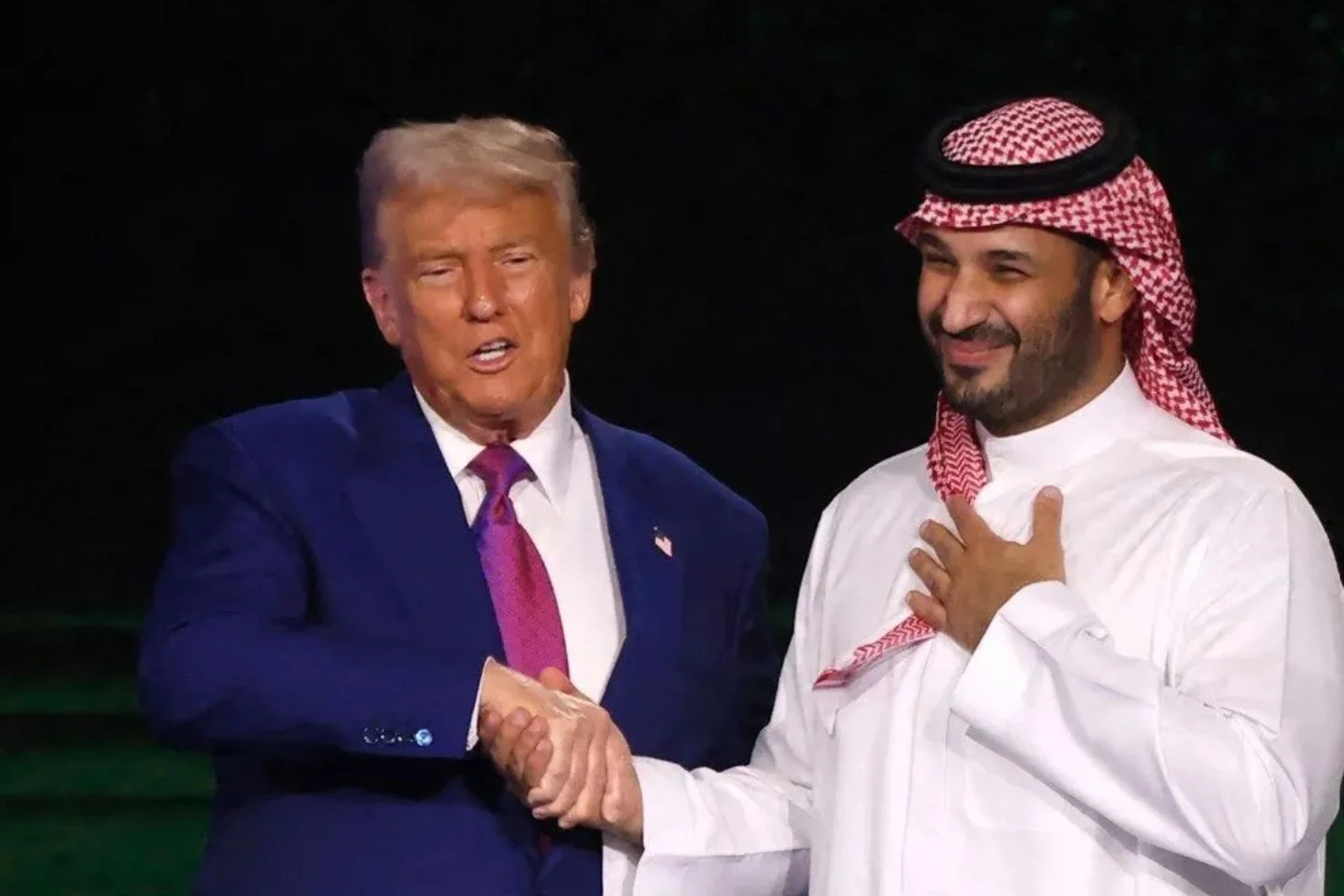
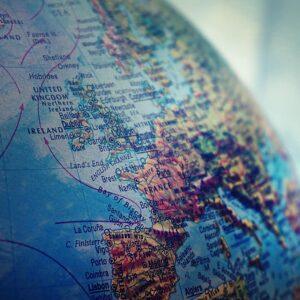




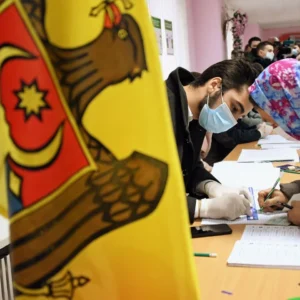



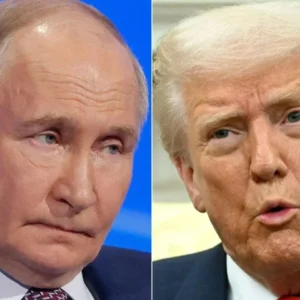
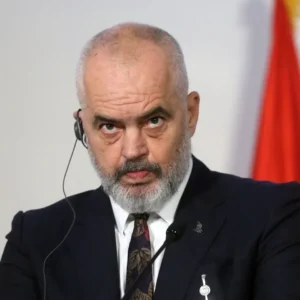

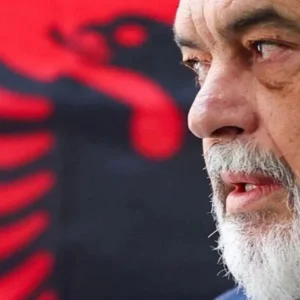
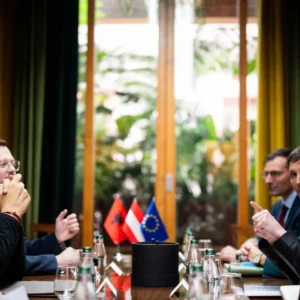
Recent Comments